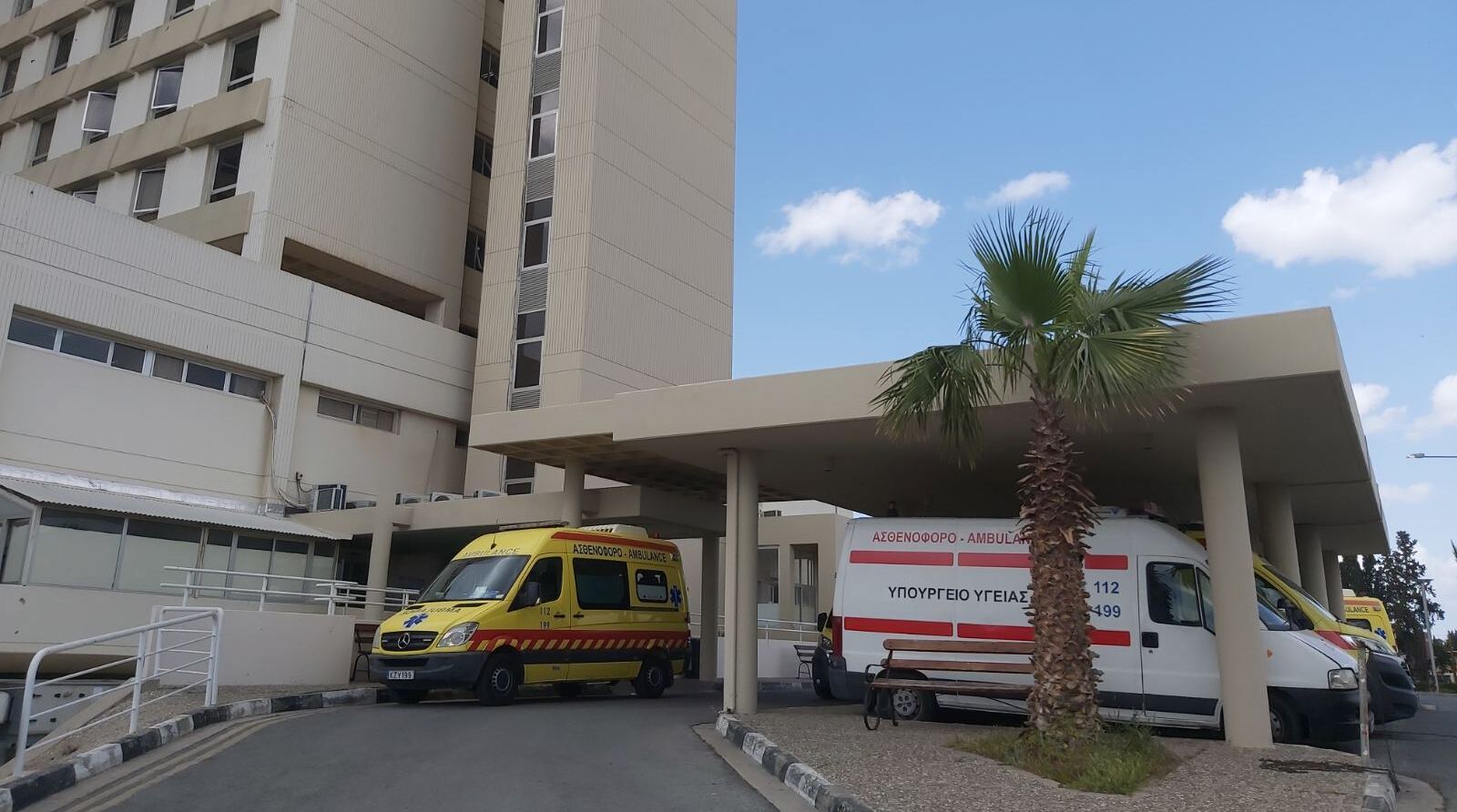Cyprus continues to operate without a comprehensive, mandatory system for recording hospital-acquired infections, despite reporting one of the highest prevalence rates in Europe, 13.8% versus the 7% EU average, according to the ECDC. In a written reply to MP Charalambos Theopemptou, Health Minister Michalis Damianos said infection surveillance is a core pillar of the ministry’s patient-safety strategy, but acknowledged there is no unified, continuous mechanism that captures all cases. Instead, monitoring relies on indicators and hospital-specific systems, mirroring practices in several EU states and resulting in a fragmented picture that obscures the full scale of the problem and underscores the need for a single national framework.
European benchmarking and joint action
Cyprus participates in the ECDC Point Prevalence Studies, which provide comparative data across member states. The latest results show Cyprus’ prevalence is almost twice the EU average, reinforcing the case for systematic, national-level surveillance. The minister also pointed to Cyprus’ involvement in EU-JAMRAI, the European initiative targeting antimicrobial resistance and healthcare-associated infections, which promotes policy coordination, prudent antibiotic use, common quality indicators and stronger surveillance with a focus on prevention and infection control in care settings.
Guidance in place, but largely non-binding
To bolster safety, the ministry has issued clinical guidelines and circulates advisories to hospitals. While not part of a single mandatory standard, these materials are used for staff training and to guide clinical practice. In parallel, the Nursing Services Directorate runs the programme “Surveillance and Management of Infections in Healthcare Settings,” aimed at improving professional skills, fostering a prevention culture and raising safety levels in line with national patient-safety strategies.

Committees and forthcoming legal overhaul
A Central Committee for the Control and Monitoring of Healthcare-Associated Infections has been established to steer and assess prevention policies nationwide. In July 2024, the ministry circulated a directive to all hospitals to form local infection-control committees and implement antimicrobial stewardship programmes. Many facilities have already set up teams, but consistency and systematic application remain a challenge. Damianos said the upcoming revision of hospital legislation will mandate infection-control committees, embed minimum safe-care standards, and introduce hospital accreditation, aligning Cyprus with international benchmarks. This, he added, will give committees and stewardship programmes a firm legal basis and strengthen uniform implementation across all hospitals.
National action plans under WHO review
According to the minister, the Medical Services and Public Health Services have drafted two national action plans, one on infection prevention and one on antimicrobial resistance. Both are being reviewed by the World Health Organization, which is providing guidance to finalise and implement them at national level and ensure they are effective in practice.
‘Biocare’ platform to close the data gap
A pivotal step will be Biocare, the national information platform now under development. For the first time, Cyprus will have a unified database recording healthcare-associated infections and antibiotic consumption in real time. Each hospital will log infection cases and prescriptions, creating a live national picture that enables statistical reporting, trend analysis and comparisons between wards and hospitals. For clinicians, Biocare means immediate access to historical data and faster detection of worrying patterns, allowing timely prevention measures. For nursing staff, it reduces bureaucracy by replacing manual records and offers clear guidance on protocol adherence. For patients, it translates into greater safety through earlier risk identification and targeted interventions. The platform is expected to transform day-to-day hospital practice -serving as both a training tool and a lever for quality improvement- by bridging today’s disparate practices into a single, modern surveillance system. The goal is full operation within the next two years, closing a gap that currently leaves Cyprus among the EU’s more vulnerable health systems.
